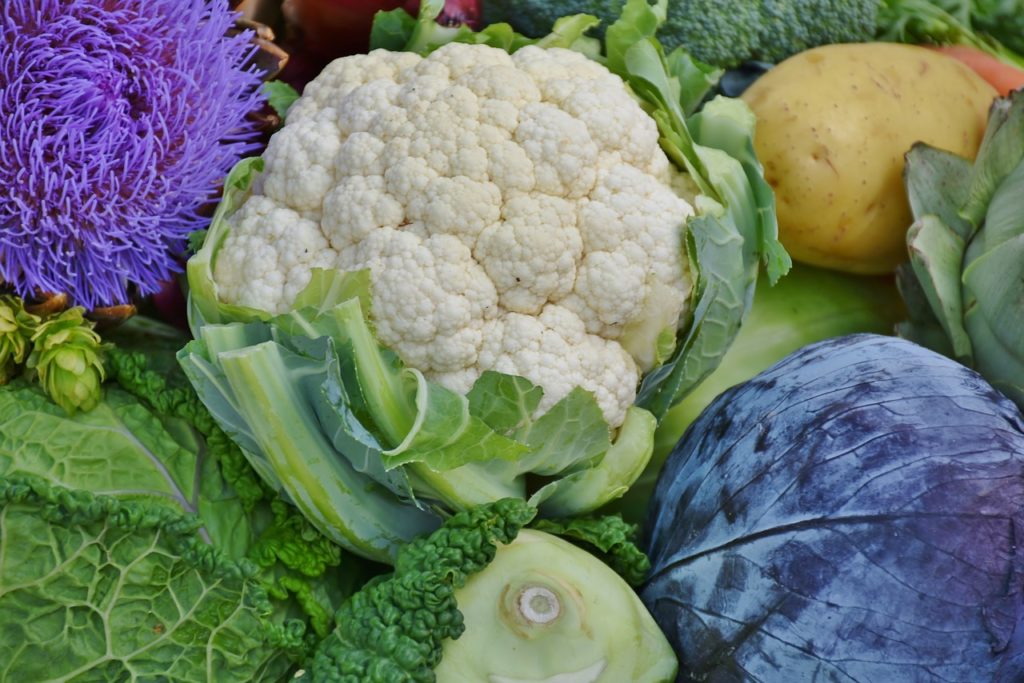
You asked, we answered! Our editor Sara Himeles who recently finished her rabbinical studies answered all of your Rosh Hashanah questions. Have a question about the High Holidays? Check out our guides to Rosh Hashanah, Yom Kippur, Sukkot and Shemini Atzeret/Simchat Torah.
Why apples and honey? Why do those fruit represent a sweet new year?

Jews traditionally dip apples in honey on Rosh Hashanah to express the wish for a sweet new year. There are lots of sweet foods — so why this sweet food? Here are a few possible explanations.
Honey:
- Honey has symbolic importance in Judaism, reminding us of our historic connection with the Land of Israel. The Torah (Shemot/Exodus 3:8) describes Israel as the land flowing with milk and honey (“eretz zvat chalav u’dvash”). Although scholars say the honey in the ancient Land of Israel was most likely date honey (not honey from beehives), consuming honey still evokes the connection with the Holy Land.
Apple:
- Some associate the use of an apple with the story of Adam and Eve and the forbidden fruit. Rosh Hashanah is associated with creation based on a tradition that the world was created in the month of Tishrei. However, the Torah does not identify the forbidden fruit and the Talmud does not include apples in the list of the possible “fruits” it could have been (the “fruits” mentioned are wheat, figs and grapes).
- In Shir HaShirim (Song of Songs) 2:3, the apple is used as a metaphor for the Jewish people in relationship with God: “Like an apple tree among trees of the forest, so is my beloved among the youths. I delight to sit in his shade, And his fruit is sweet to my mouth.”
- In Beresheet (Genesis) 27:27, when Isaac compares the scent of his son Jacob to “the fragrance of a field.” According to Rashi, Isaac was referring to “a field of apple trees.”
What’s the vegan equivalent for the head of a fish?

Rosh Hashanah literally means “head of the year,” and some families represent this by placing a fish head on their Rosh Hashanah table. This expresses the hope that we go into the new year in a spirit of “leading” and making progress (i.e., the head) rather than “following” (i.e., the tail). Devarim (Deuteronomy) 28:13 states this idea: “And God will make you the head, not the tail.” If you’re vegan, you could use a head of cauliflower or cabbage instead.
How many different kosher shofars are available?

There are many laws regarding the physical characteristics of a shofar. Here are 2 of them:
- Most shofars are a ram’s horn (a shofar could be made of any kosher animal except for a cow or ox though). The ram’s horn reminds us of the ram offered as a sacrifice by Abraham in place of his son Isaac. (We read the story of the Binding of Isaac on the second day of Rosh Hashanah.)
- The shofar should be bent or curved — this symbolizes a spirit of humility that is fitting for Rosh Hashanah.
What are the different kinds of shofar blasts?
The four sounds of the shofar are:
- Tekiah — a single loud blast
- Shevarim — three consecutive blasts
- Teruah — rapid staccato blasts
- Tekiah gedolah — a long tekiah blast
3 lesser-known Rosh Hashanah practices?

- Tashlich — in this ceremony Jews throw pieces of bread into a body of water to symbolize casting away their sins
- Eat a new fruit — it’s customary to eat a new, seasonal fruit (often a pomegranate) that hasn’t been tasted since the previous year
- Rosh Hashanah cards — sending Shana Tova cards didn’t start with Hallmark, it’s a centuries-old tradition.
